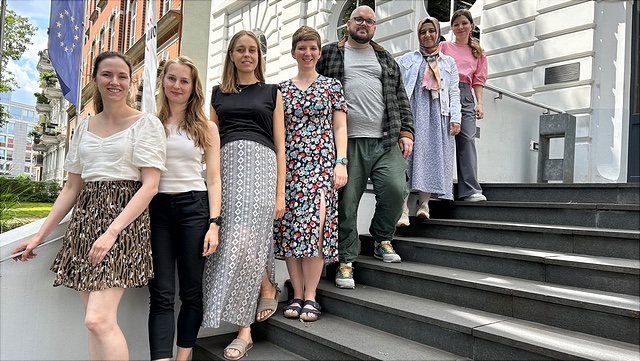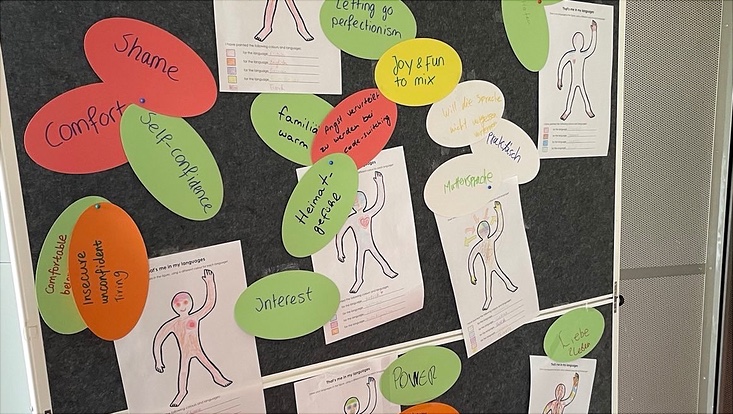Lisa Zastrow
In my dissertation project, I examine patterns of multilingualism among second-generation migrants in Germany and the importance of multilingual literacy for integration into education and the labor market.
Multilingualism is not viewed as a deficit, but rather as a resource that comes into play in different social contexts—school, family, peer groups, or the workplace.
The focus is on written language skills in German and in the language of origin, as literacy is considered a key resource for educational success and social participation. The analysis is based on representative data from the Socio-Economic Panel (SOEP), which provides not only language skills but also key socio-demographic information. This allows us to examine how different literacy profiles relate to educational attainment, employment opportunities, and social integration.
The project takes a resource-oriented perspective that deliberately questions the common deficit orientation. Multilingualism is understood as a valuable resource for educational pathways, labor market integration, and social participation.













